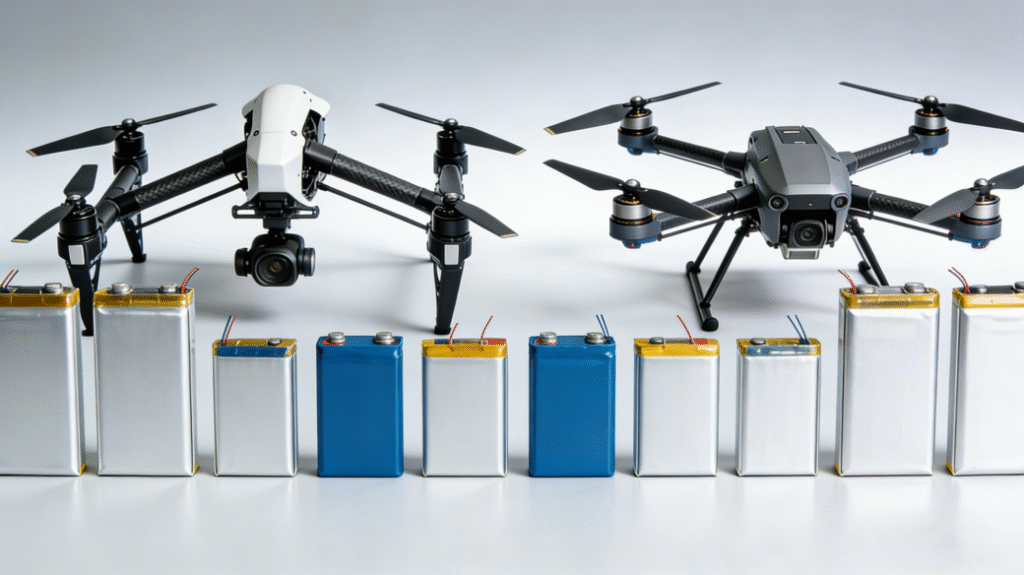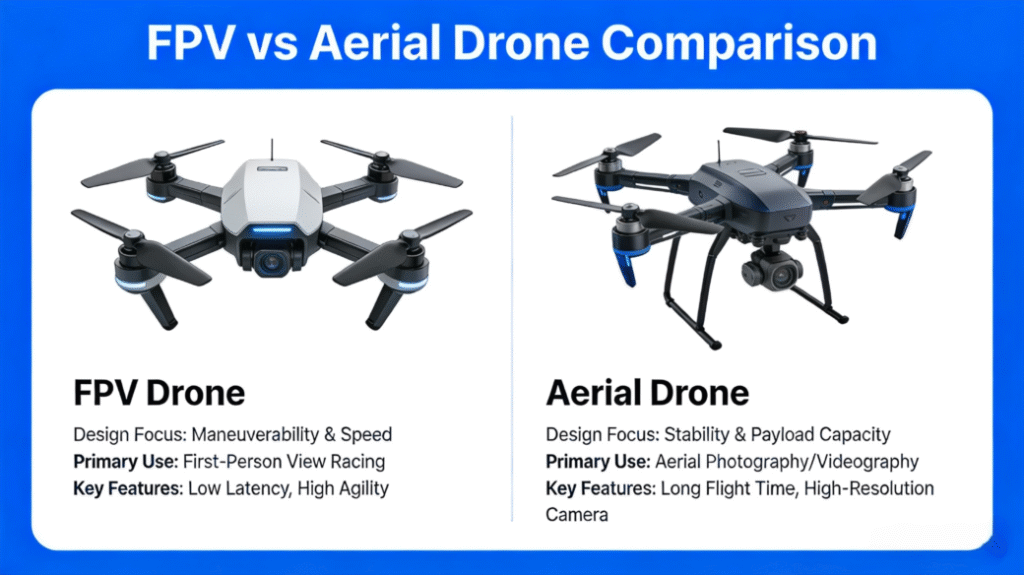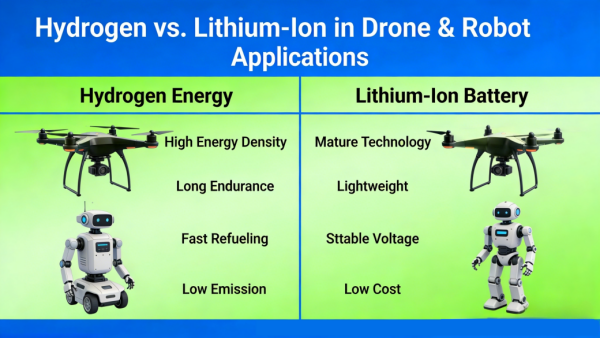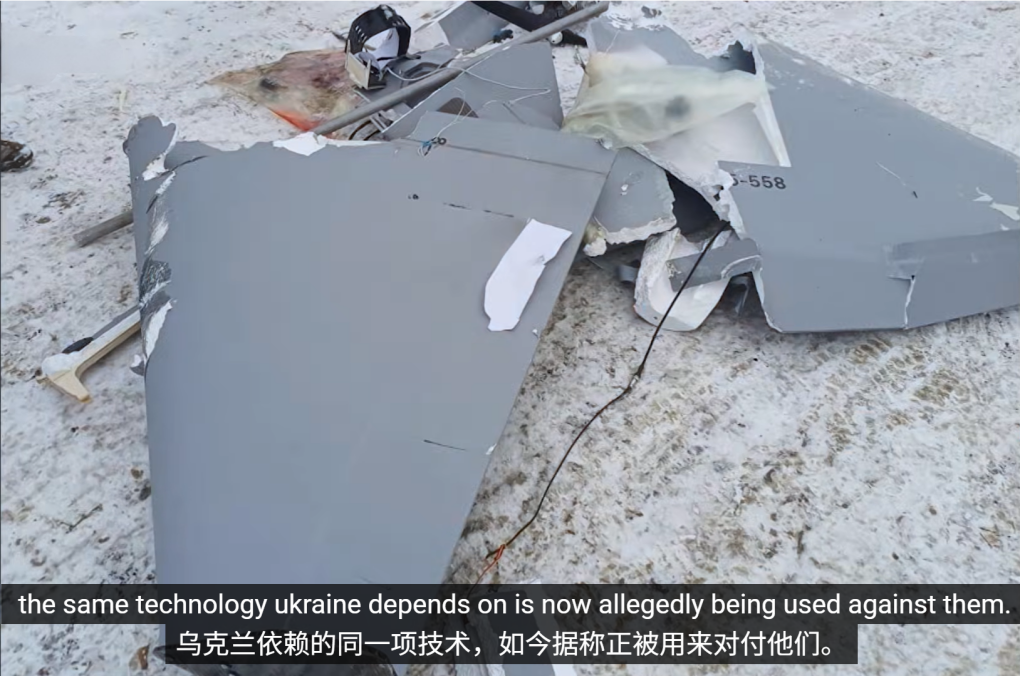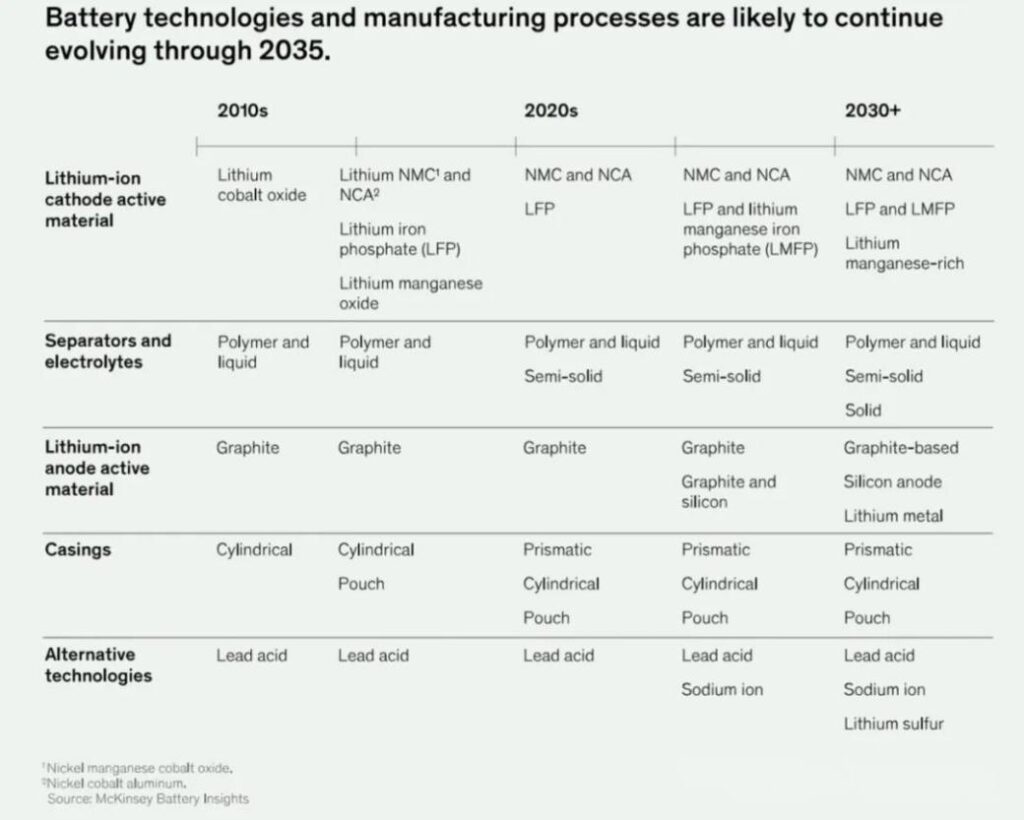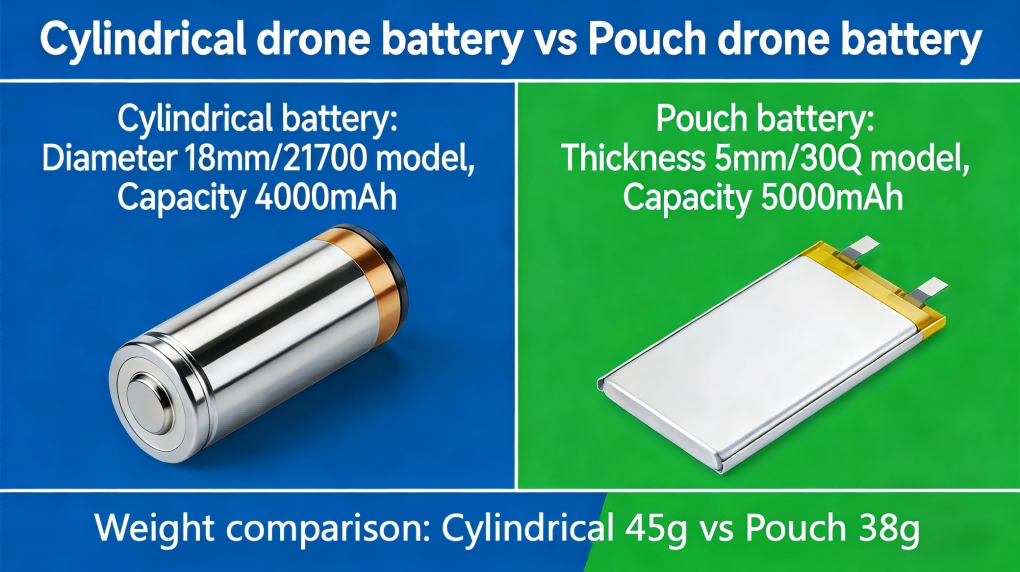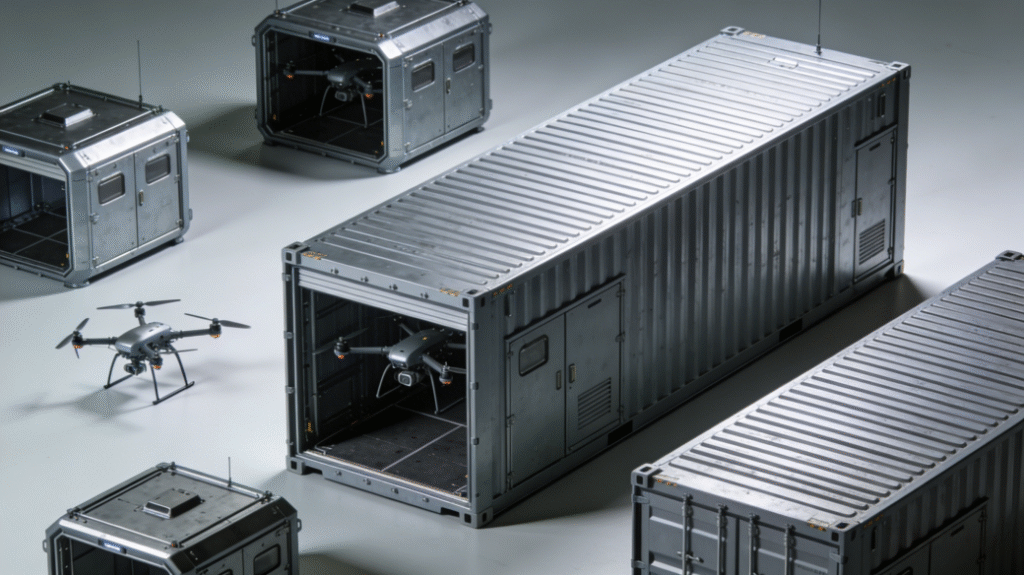Over the past few years, as we have supplied medium- and large-class UAV batteries to the Middle East, Northern Europe, Southeast Asia, and South America, one conclusion has become increasingly clear: UAV platforms may be globally standardized — batteries are not. The same 12S 22,000mAh industrial UAV battery packoperates in 55°C desert conditions in Dubai,and…
Category Archives: Unclassified
Whether you’re a complete beginner just stepping into the world of aerial devices, or a seasoned aerial photography enthusiast with years of flight experience, you’ve probably been puzzled by the same question recently: If both are quadcopters flying in the sky, are FPV racing drones and conventional camera drones essentially the same thing? Why do…
In the global energy transition and electrification era, the race for higher energy density has become the central narrative in the competition among power technologies.Among contenders, two protagonists consistently headline: 🔋 Lithium-based batteries (especially emerging high-energy systems)vs🧪 Hydrogen energy technologies A benchmark has emerged in public discourse — 600 Wh/kg — a symbolic threshold. Once…
The primary reason Starlink-enabled unmanned aerial vehicles (UAVs) are capable of operating over dramatically extended distances lies in a fundamental transformation of their communication architecture. By eliminating the line-of-sight (LOS) constraints inherent to traditional radio-frequency and cellular networks, Starlink enables true beyond-line-of-sight (BLOS) control through a low Earth orbit (LEO) satellite constellation. This development does…
Foreword For the past decade, the lithium battery industry has been enveloped in a singular narrative. Demand growth, technological advancement, and scale expansion meant that as long as you moved fast enough, there would always be a place for you. However, by 2025 and beyond, this logic began to break down. According to McKinsey &…
1. Understanding the Concept: “Anode-Free” Does Not Mean “No Anode” The term anode-free lithium battery is often misunderstood. An anode-free battery does not eliminate the anode as an electrode.Instead, it means: There is no pre-deposited active anode material (such as graphite or silicon) at manufacturing.During the first charge, lithium ions are extracted from the cathode…
This is a critical but frequently misunderstood topic, especially when it comes to drone battery selection. Rather than stopping at superficial parameter comparisons, let’s break down the differences between cylindrical cells and pouch cells from an engineering and application-driven perspective. 1️⃣ Cell Form Factor Differences Define the System’s Performance Boundaries 👉 Cell form factor is…
— Why “500 Cycles” or “800 Cycles” Can Be Misleading In the fields of drones, robotics, and new energy systems, battery cycle life is one of the most frequently quoted parameters during product selection. Yet in reality, it is also one of the most misunderstood metrics in the entire battery industry. This article explains cycle…
Drone Hangar Definition and Core Functions A drone hangar is an enclosed, self‑maintaining facility that integrates control systems, energy modules, and communication terminals to enable full‑lifecycle management of drones. Basic Functions: Provides a constant‑temperature and constant‑humidity parking environment (operable from ‑20°C to 50°C), equipped with wireless charging to ensure drones are always on standby. …
The paradigm is shifting from “vehicles” to “intelligent agents,” and Chinese players are at the forefront while geopolitics casts a shadow. Remember the dot-com bubble of 2000? Everyone called it hype. Yet today, no one can deny the internet transformed our world. At CES 2026 in Las Vegas, a new term is sweeping the floor…

